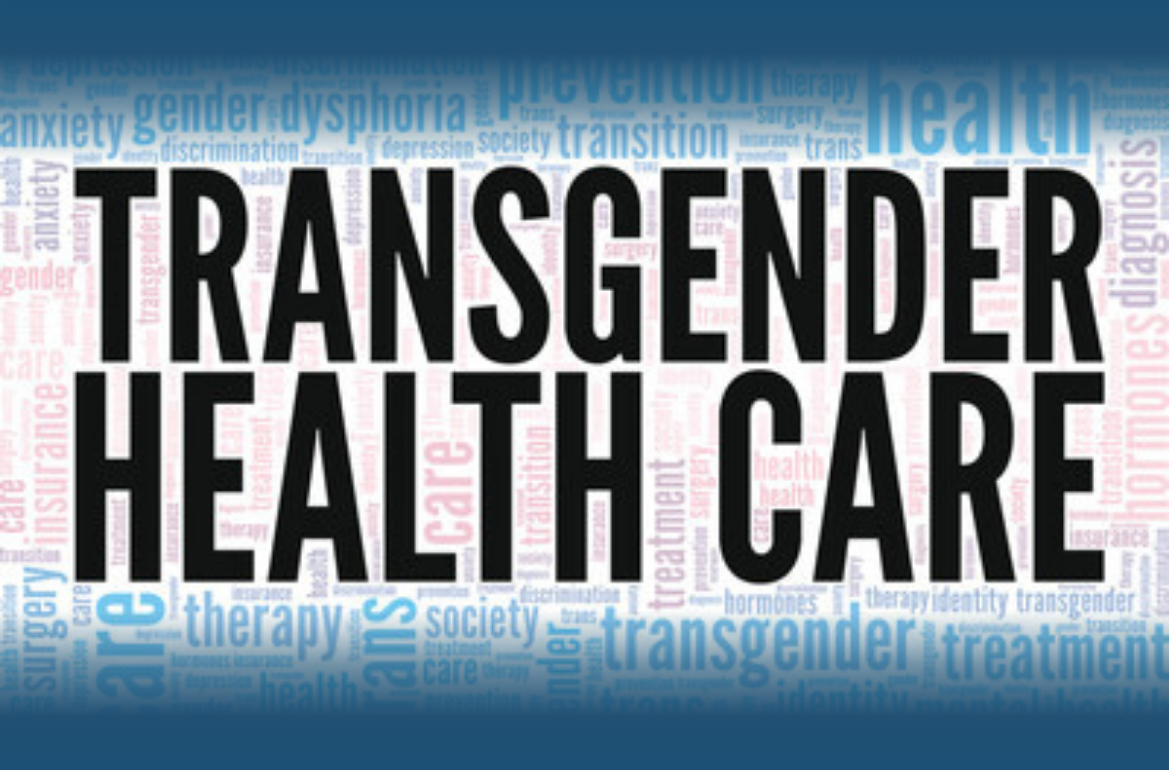A Public Health Concern for All
This piece is the third installment in our blog series discussing transgender health care from the disability lens.
Transgender people, like anyone, can face many tough health issues. They often overlap with and are affected by chronic illness and disability. For many across the trans community, healthcare services are not meeting their care needs. This is especially true for trans people with chronic illnesses or disabilities. They often get subpar care. It’s important to understand trans health needs and how they reflect a major public health crisis.
Chronic Illness in the Transgender Population
Chronic illness means lasting health issues and the need for ongoing support. Many, including in the transgender community, face these issues. Transgender adults are at a higher risk of multiple negative health outcomes. This can happen due to stigma, misgendering, and a lack of gender-affirming care. In fact, according to a study in Plos One, “Fifty-four percent [of transgender individuals] report poor physical health at least one day in the past month—a rate 18 percentage points higher than that of cisgender respondents.” Transgender people have poorer health for many reasons.
Statistics show transgender individuals often deal with more health challenges than other communities. Transgender individuals also report higher rates of chronic conditions and autoimmune conditions than other populations. These include diabetes, Long COVID, and heart disease. This is due to stress, discrimination, poverty, and stigma in society which can worsen disparities. The reasons are complex, but the impacts are clear and concerning. Chronic conditions often lead to a greater need for medications and care. They also increase exposure to healthcare providers. These providers might not know the needs of transgender patients. This could increase stress for the trans patient. Transgender patients often face a confusing maze in healthcare. They may struggle to find providers who understand them. In a world where empathy is key, their needs can be overlooked. Providers must understand patients and build trust to provide the best care. It’s tough to find skilled, inclusive care if you’re transgender and disabled or chronically ill.
Public Health Challenges and Solutions
Public health has a role to play in supporting people with chronic illness. For the transgender community, this is beyond a patient’s medical needs. We must improve our healthcare systems to be more welcoming and understanding. Public health initiatives must address the needs of transgender people. This includes affirming patients’ gender identity as well as their chronic illnesses or disabilities. This requires:
- Training Healthcare Providers. A major gap in public health is a lack of training for healthcare providers. They must understand the specific needs of transgender patients. This is vital for those with chronic illnesses or disabilities. Medical training must include a full education in transgender health. It must also cover the unique health needs of transgender people with chronic illnesses and disabilities.
- Inclusive Healthcare Policies. Transgender people often face discrimination in healthcare. Disabled individuals struggle with access too, and many chronically ill patients’ needs go unmet. This situation demands action. Policies that are comprehensive and inclusive must be crafted to ensure full access across our healthcare systems. This will help transgender people feel welcomed and accessibility will improve for all. Diverse health needs must be affirmed to be addressed.
- Affordable and Equitable Care. Many transgender people, particularly those who are sick or have a disability, live in poverty. This limits their access to healthcare. Public health policies should aim to lower barriers and provide affordable care options. We must ensure both gender-affirming care and chronic illness treatments. They both need fair insurance coverage. By doing this, we can make sure that everyone has access to the care and support they deserve. Plans must ensure all patients get support for their unique needs. Comprehensive healthcare is essential so everyone gets the support they need.
- Policy Reform and Access to Gender-Affirming Care. Transgender people should get healthcare that works for them. It must respect who they are, including those with disabilities or long-term health issues. No one should be left behind. According to the American Journal of Public Health, “Respect for privacy, bodily autonomy, and the preservation of human rights for transgender people must be core” to all health policy. Professionals in the medical, public health, and policy field need to oppose anything that undermines public health responses to transgender people’s needs.
A Healthy Future for Transgender People
Transgender health, chronic illness, and disability intersect at a vital area in public health. Transgender people face unique challenges due to their health and gender. Dealing with disabilities or chronic conditions can make it harder. The transgender community needs tailored solutions and inclusive care. The right training, research, and support can make a big difference in advancing inclusive healthcare. Queer and disabled people need control over their bodies and healthcare. It’s crucial they’re able to make their own decisions in the health choices that impact their lives. It will also make healthcare fairer and kinder for all. We must support disability and public health for all.
Author: Devon Anderson
